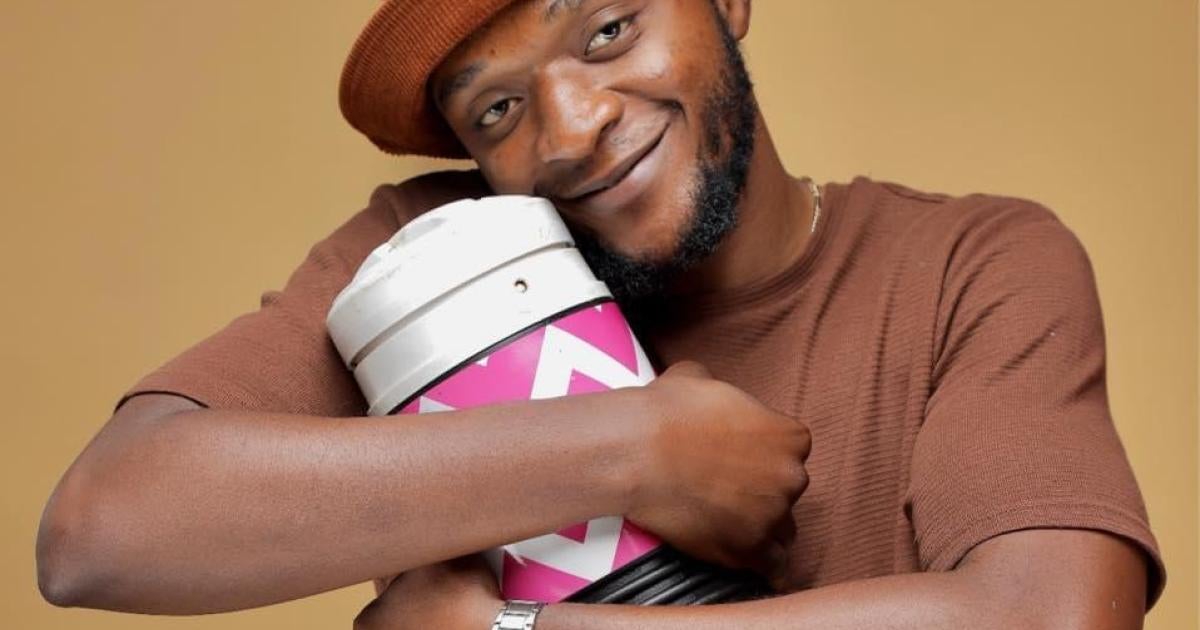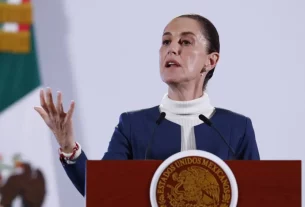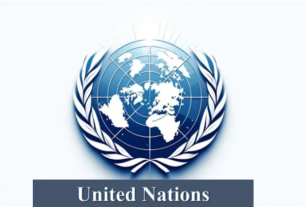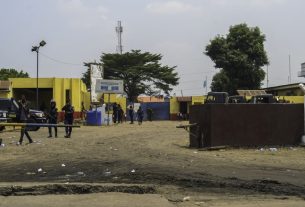On February 10, government security agents arrested the satirical comedian Junior Nkole in central Kinshasa in the latest attack on freedom of expression in the Democratic Republic of Congo.
Nkole’s relatives told Human Rights Watch that he and his brother Serge Nkole were waiting for a meeting with a business contact in the restaurant of the Hotel Mayotte. At around 10:00 a.m., in what appears to have been a trap, a dozen men in plainclothes who turned out to be officers of Congo’s National Intelligence Agency (Agence nationale de renseignements, ANR) showed up. They beat the two, forced them into an SUV with tinted windows, and took them to an ANR office. The authorities released Serge a few hours later, but Junior remains in detention.
Nkole, 25, appears to have been detained because of his work. He is known throughout the country for videos that explore the socioeconomic realities of Congolese society. Active on social media since 2020, he has amassed more than 300,000 followers. ANR agents suggested to a family member that his arrest was linked to a short comedy sketch video posted a year ago that they considered insulting to President Felix Tshisekedi. It denounced ethnic favoritism by job recruiters who only hire applicants from their own region and ethnic group. In the video, Nkole – himself an ethnic Luba, like President Tshisekedi – impersonates a Luba recruiter rejecting applicants from other communities.
Nkole’s brother Pascal Nkole visited him in “3Z,” a notorious ANR jail where he had been transferred, nearly a week after his arrest. “I was allowed to see him without talking to him,” his brother said. “He had lost weight and his left eye was swollen and red. He seemed to have a fever and couldn’t walk properly. I asked him if he was okay, and he just shook his head. I haven’t seen him since.”
Under Congolese law, all detainees have the right to legal assistance and must be brought before a competent judicial authority within 48 hours of arrest. Nkole has not been allowed either, nor charged with a crime.
Nkole’s case highlights the climate of growing intolerance in Congo for dissenting voices with attacks targeting journalists, activists, government critics, and peaceful protesters. The authorities should immediately release Nkole and allow him to practice his profession and express his views without fear of arrest. As Congo prepares for elections later this year, the government should ensure respect for civil liberties, which are vital for a free, fair and transparent electoral process.



